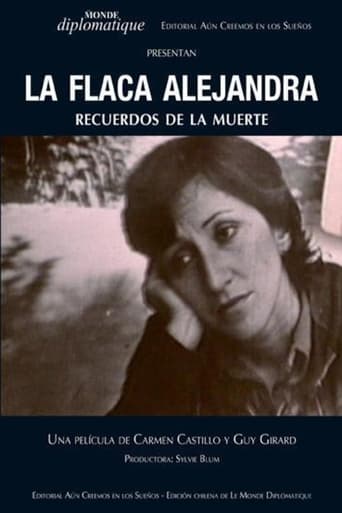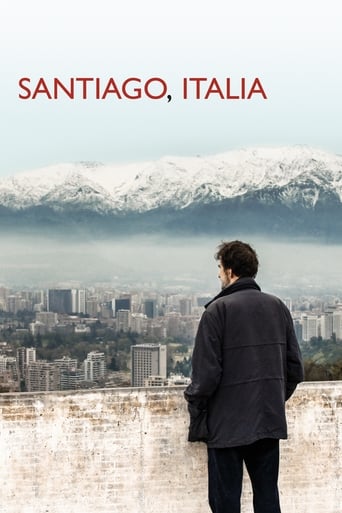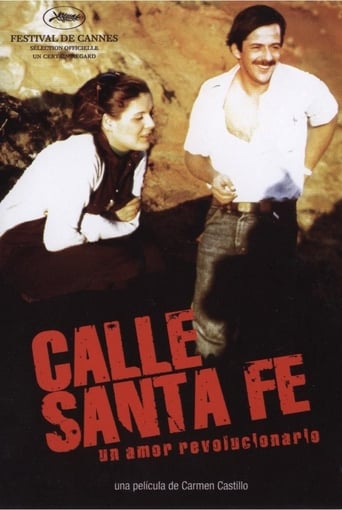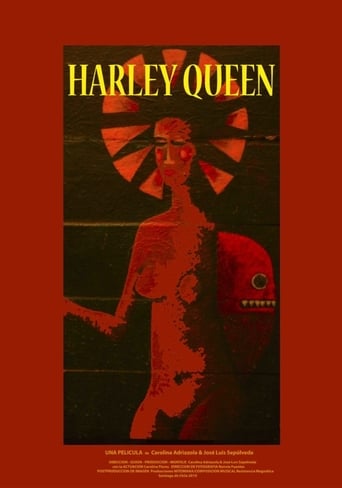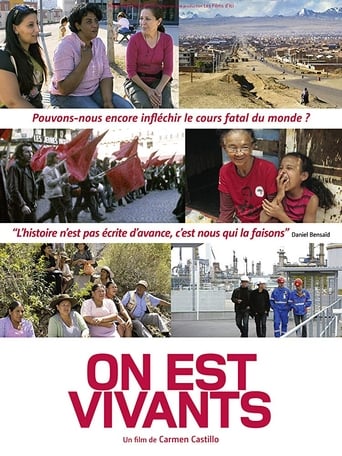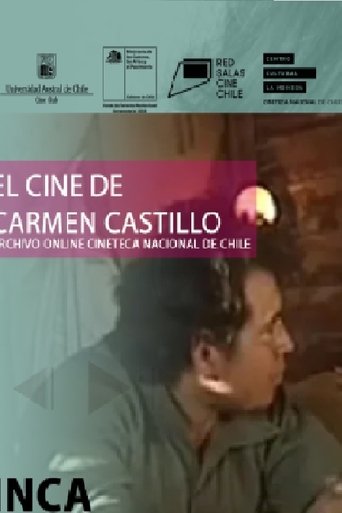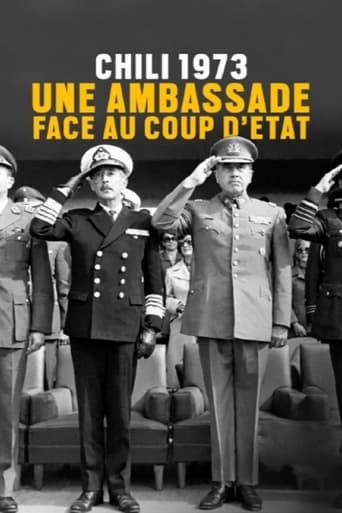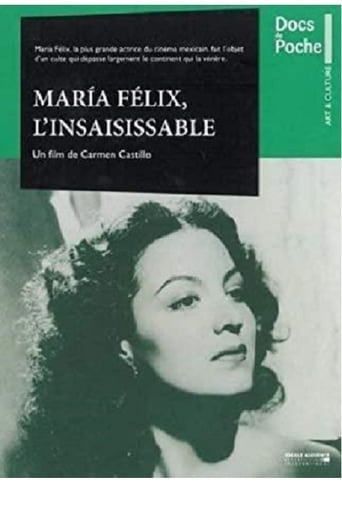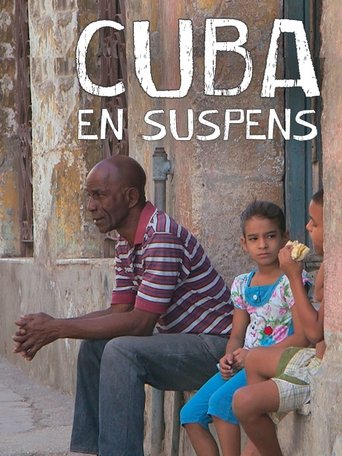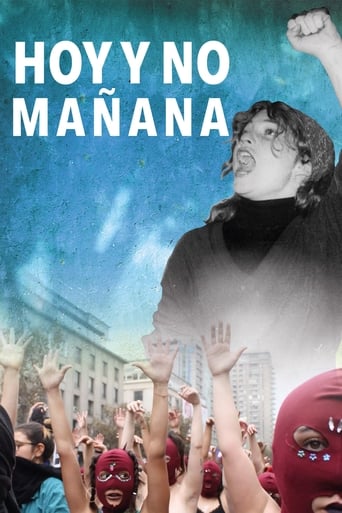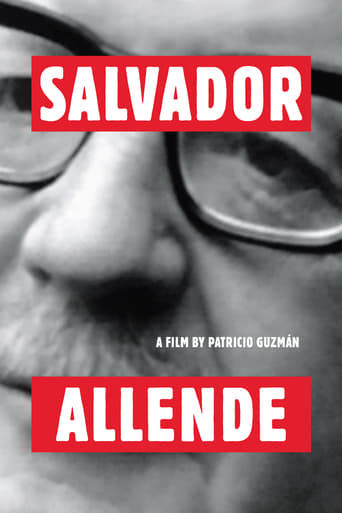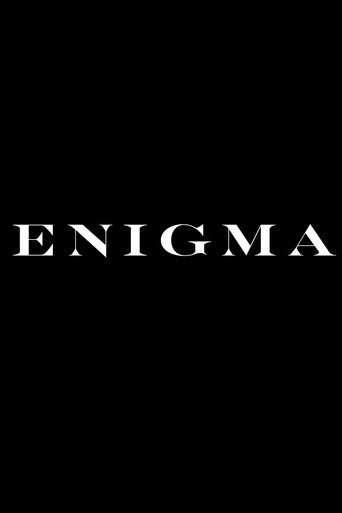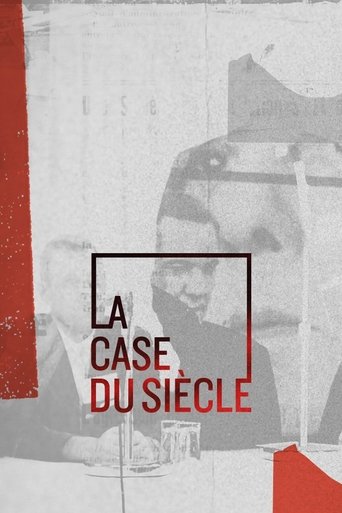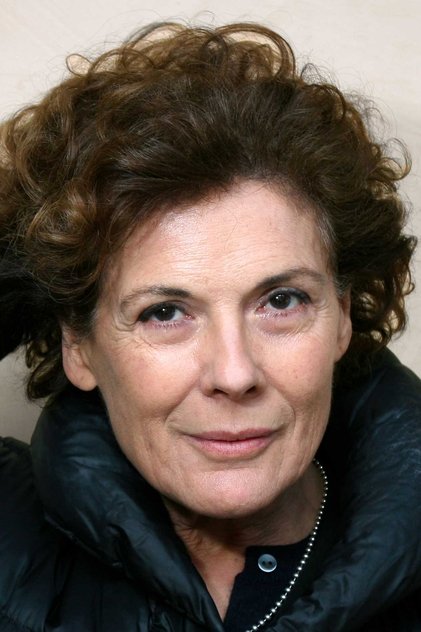
Carmen Castillo
Born in Santiago de Chile, she worked at La Moneda Palace with Salvador Allende. After the death of her partner, Miguel Enriquez, at the hands of the military, Carmen Castillo, who was pregnant and injured, was expelled from Chile and came to France as a political refugee. She has directed numerous documentaries for television, especially for the French channels TF1 and FR3 and for the Franco-German Arte. The first was Los muros de Santiago (1983), which was followed by Estado de guerra: Nicaragua (1984). La Flaca Alejandra (1993) won the Golden FIPA at Cannes, in addition to other awards in Geneva, Monte Carlo, San Francisco and New York. She then directed La verdadera leyenda del Subcomandante Marcos (1995), Inca de oro (1996), El bolero, una educación amorosa (1999), First Prize at the Annecy Festival, Viaje con la cumbia por Colombia (2000), María Félix, la inalcanzable (2000), El Camino del Inca (2001), El astronomo y el indio (2002), First Prize at the Paris Scientific Film Festival, José Saramago, el tiempo de una memoria (2003), Mísia, la voz del fado (2003) and El país de mi padre (2004), Second Prize Fidocs in Santiago de Chile. He also directed the fiction feature film series for Arte Tierras extranjeras, between 1994 and 1999. Carmen Castillo's most recent work is Calle Santa Fé (2007), which was presented in Cannes' Un Certain Regard and will be shown at this year's San Sebastian Film Festival in the Zabaltegi section. She has also written the scripts for Inca de oro and Color Habana, which have already been completed, and those for Hasta luego and La montaña azul, which are in pre-production. Carmen Castillo has also published several books, including Un día de octubre en Santiago (1980), Ligne de fuite (1987) and Santiago/Paris, el vuelo de la memoria (2000), with Mónica Echeverría.
- Title: Carmen Castillo
- Popularity: 0.431
- Known For: Directing
- Birthday: 1945-05-21
- Place of Birth: Santiago, Chile
- Homepage:
- Also Known As: María del Carmen Castillo Echeverría

